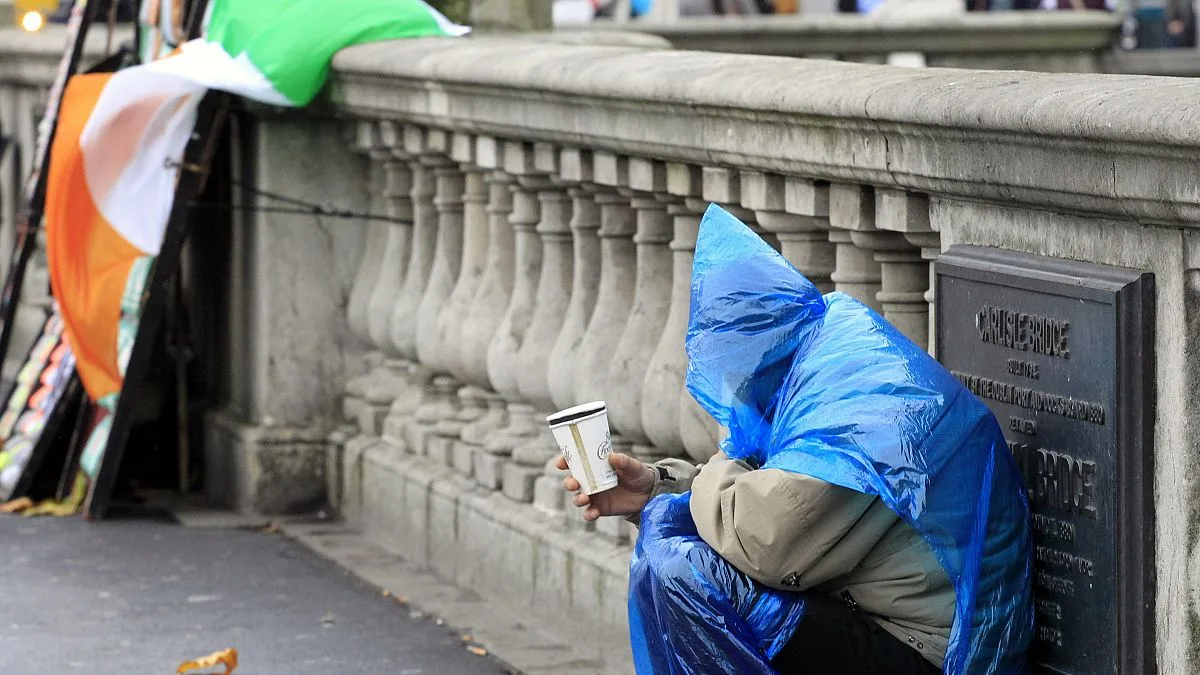As the Irish general election approaches on November 29, a deeply manipulated video has been widely shared on X, misleadingly depicting a Black woman, labeled as an African migrant, mocking a white woman for receiving social housing. This controversial clip is engineered to provoke anti-minority sentiment by altering the narratives of both women, making it appear as though the housing recipient is lacking compassion for a woman experiencing homelessness.
The deceptive footage has garnered significant backlash, with numerous viewers condemning the “gleeful” demeanor of the woman who received housing benefits at what they perceive as the expense of a white mother. The extremist Irish Freedom Party has also seized upon this false narrative, tweeting a photo of the two women with a statement asserting that “Irish people are being discriminated against in their own country. We are being treated like second-class citizens by this Government.”
However, these claims are unfounded. This clip originated from a housing debate aired on Upfront With Katie Hannon , a program by the Irish state broadcaster RTE, featuring single mothers who are or have faced homelessness.
In the footage, one of the participants, Shauna, was positively recognized for receiving a co-operative housing placement suitable for her needs, while the other participant, Chloe, had yet to secure accommodation due to her four-year-old son’s ongoing health issues, which required a different housing arrangement.
Understanding Co-operative Housing
Recent figures reveal over 10,000 adults and 4,000 children are currently residing in emergency homeless accommodations in Ireland, as reported by Ireland’s Department of Housing .
Most individuals with access to this type of housing are Irish citizens, with Dublin being particularly affected by the housing crisis fueled by soaring rents.
Co-operative housing offers a viable solution to Ireland’s ongoing shortage of social and affordable homes. According to Co-operative Housing Ireland , rents can start as low as €30.
After living in co-operative housing for a year, Shauna shared, “It has been amazing. We have that security. This is our home, and you’re not at the mercy of a landlord who can reclaim the property.”
Despite Housing Minister Darragh O’Brien’s assertions that social housing levels are at their highest in fifty years, official data indicates that in 2023, just over 8,000 social housing units were built—990 units short of the government’s housing policy targets.
Additionally, the Irish Central Bank has highlighted that about 20,000 extra properties must be constructed annually to effectively tackle the national housing crisis.
Photo credit & article inspired by: Euronews



